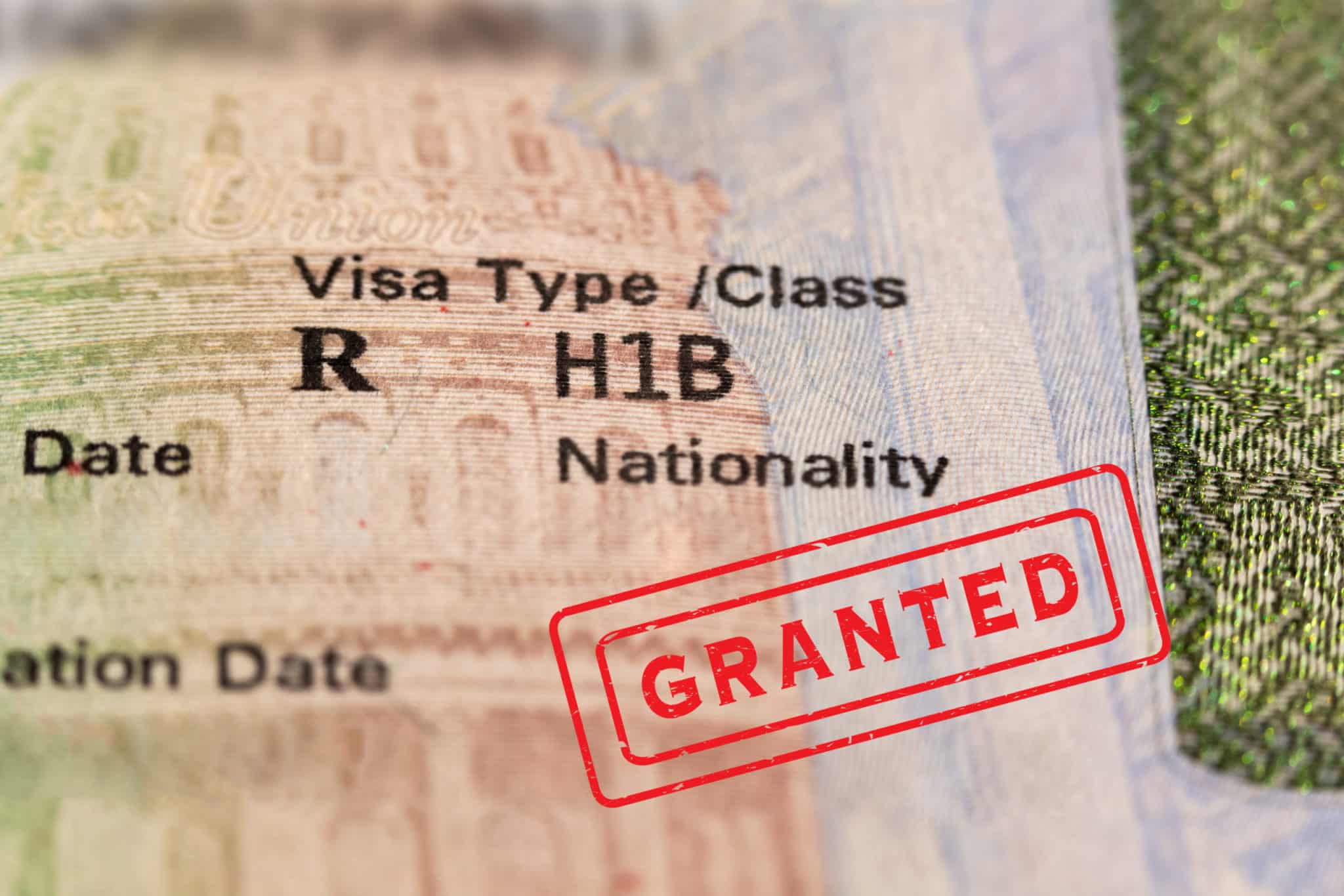
The demand for H-1B visas often exceeds the annual cap of 85,000 visas, which includes 20,000 reserved for workers with advanced degrees from U.S. institutions. To allocate the visas fairly, the U.S. Citizenship and Immigration Services (USCIS) conducts a random lottery every year. However, unfortunately, USCIS has discovered that many people are attempting to game the system and get an unfair advantage over others. Please continue reading and reach out to a seasoned New York City immigration lawyer from the Lightman Law Firm to learn more about the H-1B visa process and what’s currently happening with H-1B fraud.
How are some companies cheating the lottery?
According to the Biden administration, some small technology companies have colluded to increase the chances that their prospective foreign hires will win a visa in the lottery. They do this by entering the same applicants multiple times under different employers, creating an unfair advantage over other applicants and employers.
USCIS said it has found evidence that several dozen companies have engaged in this practice, driving up the record number of applications in recent years. The agency said it has referred some cases to the Department of Justice for possible prosecution.
What are the consequences of cheating the lottery?
Cheating the lottery not only violates the law, but also harms the integrity of the H-1B program and its beneficiaries. It reduces the chances of legitimate applicants and employers obtaining a visa, and it deprives qualified U.S. workers of job opportunities.
Moreover, it exposes foreign workers who are hired through fraudulent means to potential exploitation and abuse by their employers. They may face lower wages, poor working conditions, or even deportation if their visas are revoked.
What is the government doing to prevent H-1B lottery fraud?
The government is taking several steps to detect and prevent cheating in the H-1B lottery. Recently, USCIS said it has implemented new measures to identify duplicate registrations and flag suspicious patterns of behavior. It also said it will conduct more site visits and audits to verify the eligibility and compliance of H-1B employers and workers.
In addition, the government is planning to change the way the lottery is conducted in the future. Instead of using a random selection process, it will prioritize applicants based on their wages, skills, and education levels. This is intended to attract and retain the best and brightest foreign talent and protect U.S. workers’ interests.